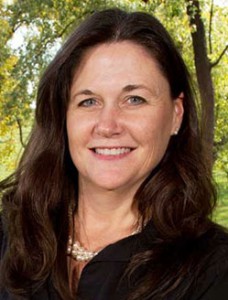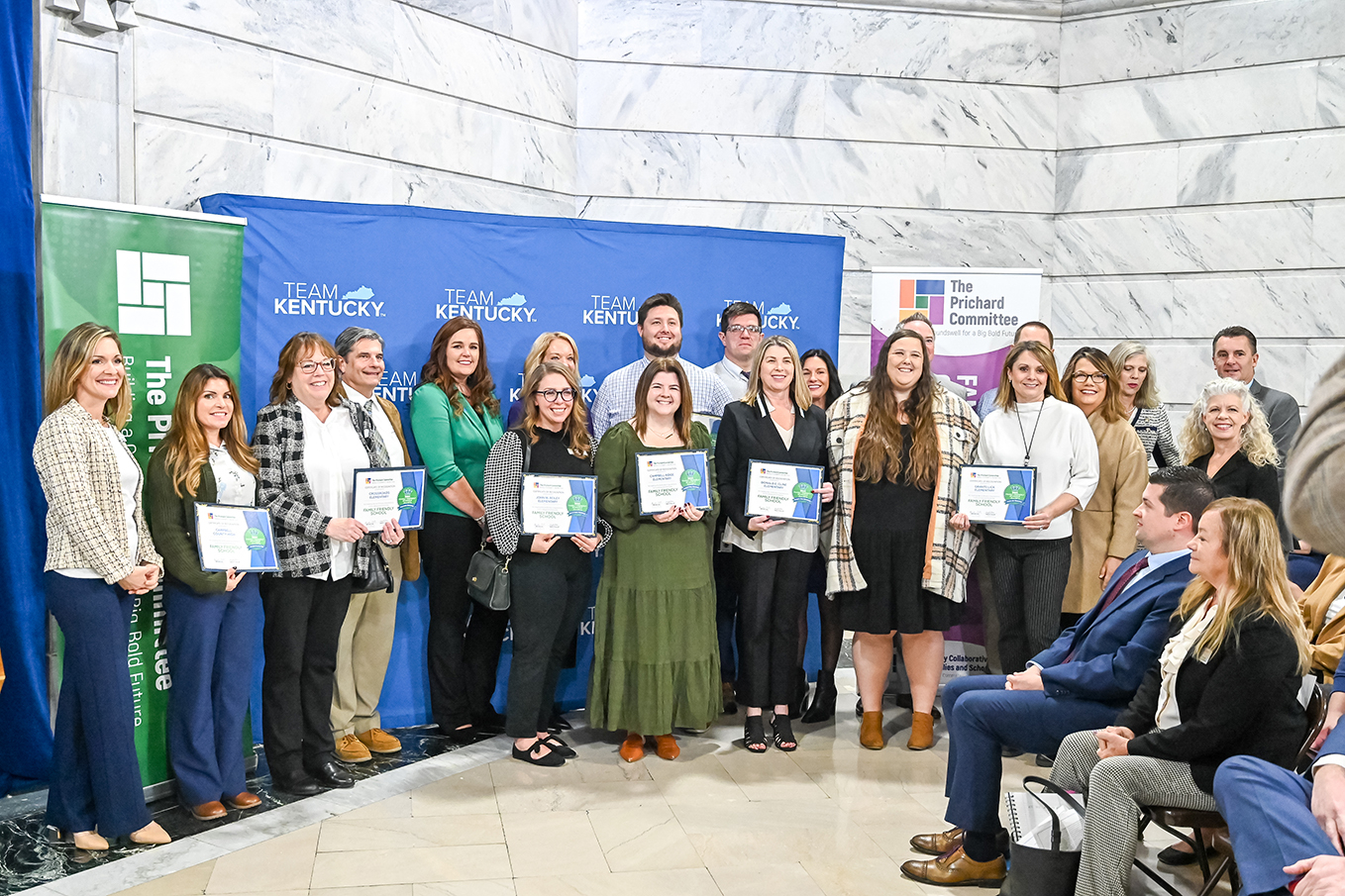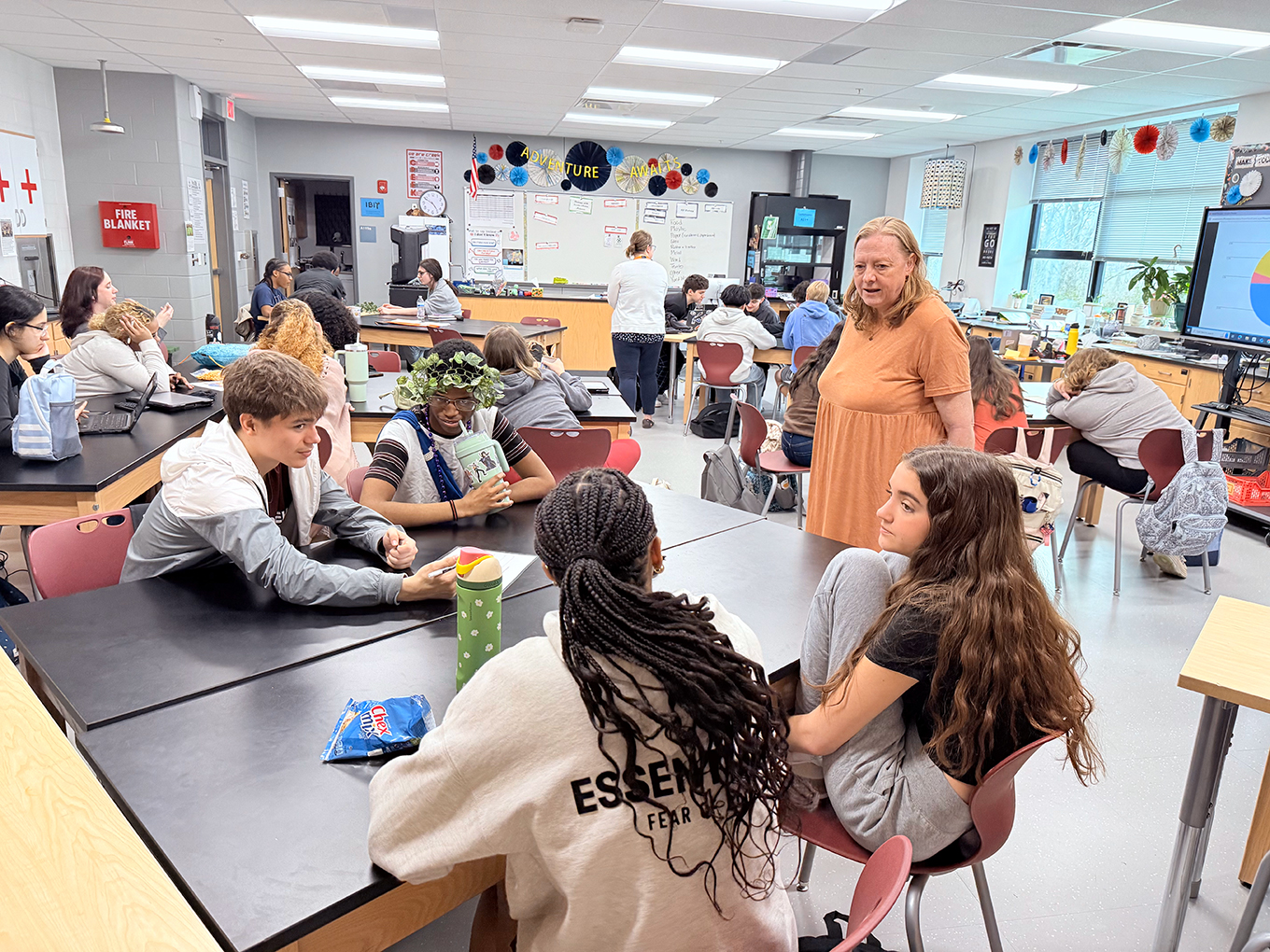
Angela Gunter
By Angela Gunter
angela.gunter@education.ky.gov
I’ll never forget during my first year of teaching how much I appreciated the process of completing my professional growth plan: pouring over the teacher standards, using them as guidelines for success and trying to narrow down the ones I needed to improve upon most.
As a new teacher, I could have chosen all of them, but I always settled on the two or three I considered most crucial. After carefully contemplating, I would complete the form and submit it to my principal, who would return a yellow copy for me to keep for my records. Sadly, that’s where the form went – to my “records,” a.k.a. a folder in my filing cabinet.
I hate to admit it, but I typically would not give that form another look until the following year when it was time for my teaching evaluation. I am certain that I focused on the issues I included in my professional growth plan because they were priorities I’d identified; that they were included in my plan seemed inconsequential.
This routine continued until I sought National Board teacher certification. Among the requirements for the certification was attempting to prove the effectiveness of specific teaching strategies in the classroom – connecting student learning directly to instruction. It was then that I saw the power of what we now all commonly refer to as SMART (specific, measurable, achievable, realistic and time-bound) goals. Because I was creating measureable goals, studying research-based strategies and trying them out in my own classroom, my professional growth plans became more specific and more meaningful to me.
I realize now how excited I got when I started thinking of my professional growth plans as professional growth projects. For some reason, the idea of a project inspired action, while the idea of a plan seemed passive. Plans are made; projects are executed. It may be a difference without a distinction to some, but for me it made all the difference in the world.
I’ve been able to work with and learn from several groups of teachers throughout the state this year who are implementing projects: measurable, important, personally relevant and groundbreaking projects that are affecting student performance. As a result, I’ve gained valuable insight and practical ideas that might be helpful to other educators who are considering a project-like approach to their professional learning.
From participants in the Kentucky Student Growth Project, I learned that teachers often undervalue their own expertise. They were shocked at the level of appreciation and interest other teachers expressed in the work they are doing and the presentations they shared.
- Professional Growth Project Idea: Strengthen teacher leadership by collecting pertinent classroom data, filming students, creating a presentation highlighting an effective strategy that addresses common student needs and presenting it to faculty, district or state-level audiences. Keep track of numbers of presentations and participants in each for quantitative analysis, but also note participant responses, messages and evaluation comments for a qualitative picture of the effectiveness of the work.
From the Classroom Teachers Enacting Positive Solutions participants, I learned that issues teachers think are the challenges are often caused or exacerbated by underlying problems. Determining root causes of student misunderstanding or underperformance requires a deep understanding of all aspects of kids’ experiences in schools.
- Professional Growth Project Idea: Consult the academic literature surrounding learned helplessness, growth mindset and/or motivation theory. Search for educational books and blogs by those who’ve conducted studies and offer practical advice. Direct students in conducting their own research or book studies and help them implement strategies they believe might be worthwhile. Survey them pre- and post-treatment to determine changes in perception while also monitoring performance on traditional assessments.
Kentucky has a strong group of English language arts Core Advocates who are working on the Kentucky Text Set Project in their schools and districts. They are developing engaging and complex sets of texts, creating scaffolding and pacing guides, and linking the reading of the texts to both writing and building knowledge. From working with this group of teachers and administrators from all over the state, I learned how capitalizing on issues that students value increases their buy-in exponentially, ultimately elevating their performances on written assessments.
- Professional Growth Project Idea: After providing a model of a set of related texts that are appropriately challenging for the grade level, guide students in selecting their own texts related to a topic they find interesting or want to know more about. Have them pin them to their own topical Pinterest board, create their own blogs, collect them in Google Classroom folders or print out copies to place in file folders. Challenge students to evaluate the complexity of the texts they’ve collected. Then have other students in the class use another student’s text set for an argument paragraph, synthesis essay or mini-research paper. Survey the class to determine if they were more purposeful in selecting texts knowing that someone other than just the teacher would be the audience, and compare the writing related to the model set with the writing related to the student-generated set of texts.
With the school year’s end quickly approaching, it is time to reflect, time to evaluate and time to review data to determine what worked and revise what didn’t. Consider renaming that professional growth plan, if only in your mind. Thinking about it as a living, evolving project may help keep it out of the filing cabinet and in full view.
Angela Gunter, a National Board certified teacher, teaches AP English language at Daviess County High School and serves as a hybrid teacher leader on special assignment for the Kentucky Department of Education. She holds a doctorate in educational leadership, leads the Kentucky Student Growth Project, is the Kentucky ELA content lead with Student Achievement Partners, a state CTEPS and National Math and Science Initiative trainer, treasurer of the Kentucky Council of Teachers of English and a 2015-17 Hope Street Group teacher fellow.




Leave A Comment